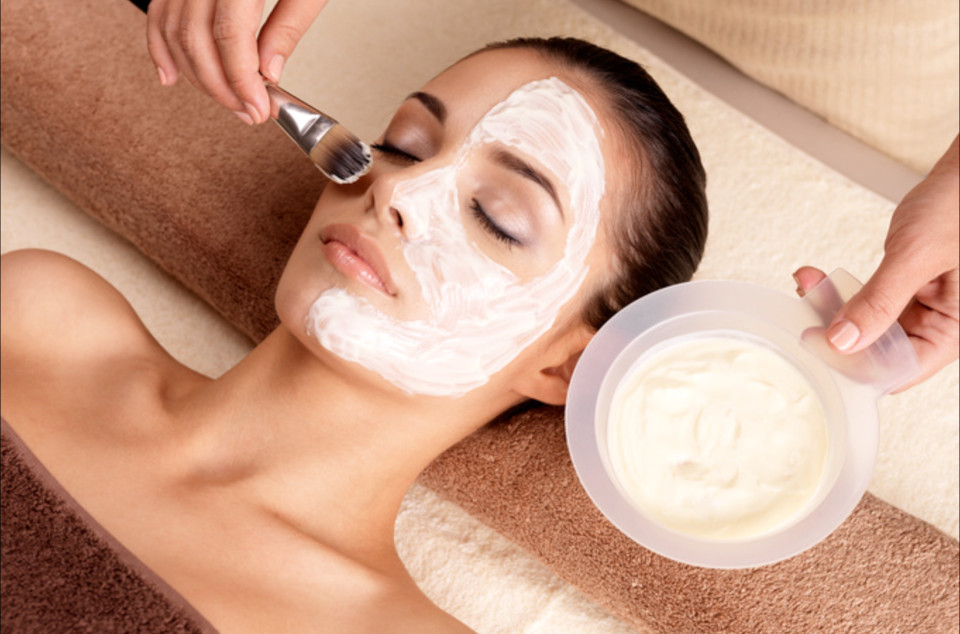Spirulina (Arthrospira platensis) is a blue-green alga known for its numerous health benefits, including its positive impact on skin. Due to its unique composition, spirulina is recognized not only as a dietary supplement but also as a potential dermatology product. In this article, we will explore the key benefits spirulina offers for skin health, based on scientific research and clinical observations.
Composition of Spirulina and Its Effects on Skin
Spirulina is highly nutritious, containing up to 70% protein, various vitamins (especially from the B group), minerals, antioxidants, and essential fatty acids such as gamma-linolenic acid (GLA). These components help maintain healthy skin, reduce inflammation, and stimulate regeneration. Proteins and amino acids are crucial for the production of collagen, which is important for maintaining skin structure and elasticity (Mosulishvili et al., 2002; Khan et al., 2005).
One of spirulina’s most significant components, phycocyanin, is a powerful antioxidant capable of neutralizing free radicals that damage skin cells, cause premature aging, and increase cancer risk. This compound helps protect skin cells from oxidative stress and contributes to maintaining youthful skin (Belay et al., 1993).
Antioxidant Properties and Anti-Aging Effects
Oxidative stress is one of the leading causes of skin aging, wrinkle formation, and skin cell damage. The antioxidants found in spirulina, such as beta-carotene, vitamin E, and phycocyanin, help combat these damages. Spirulina not only protects skin cells from free radical damage but also promotes the renewal of new cells.
The B-complex vitamins in spirulina are essential for maintaining skin hydration and aiding in cell regeneration processes. This helps reduce wrinkles, smooth skin texture, and improve overall skin tone. Additionally, vitamin E and other lipids enhance the skin’s protective barrier, increasing its resistance to external factors (Falquet et al., 2001).
Anti-Inflammatory and Antibacterial Properties
Spirulina exhibits strong anti-inflammatory properties. Its C-phycocyanin content reduces the production of nitric oxide and prostaglandin E2, which are key mediators of inflammatory responses. This is particularly important for treating skin conditions associated with inflammation, such as acne, eczema, or psoriasis (Khan et al., 2005; Belay et al., 1993).
Moreover, spirulina contains the polysaccharide calcium spirulan (Ca-SP), which has antibacterial and antiviral properties. Studies have shown that this compound can inhibit various viruses, including the herpes simplex virus (HSV), making spirulina useful for treating herpes-induced lesions. In addition to its antiviral properties, spirulina also effectively fights bacteria, making it suitable for use on wounds or skin infections (Campanella et al., 2002).
Wound Healing and Regeneration
Another crucial benefit of spirulina in dermatology is its ability to promote wound healing. Studies have demonstrated that spirulina extracts stimulate the growth of keratinocytes, the main cells of the skin, and aid in restoring damaged tissue. In one study, a skin cream containing 1.125% spirulina extract accelerated wound healing by promoting cell proliferation and collagen synthesis (Kar et al., 2010).
These properties are particularly valuable in treating burns, surgical wounds, or other traumas where faster skin recovery is needed. Spirulina’s anti-inflammatory effects also reduce the likelihood of scarring and speed up the healing process (Kar et al., 2010).
UV Protection
Spirulina has the potential to protect the skin from damage caused by ultraviolet (UV) radiation. UV rays can cause DNA damage in skin cells, leading to premature aging and an increased risk of skin cancer. Research has shown that spirulina extracts can reduce UV-induced cell apoptosis (cell death) and protect against oxidative stress (Bhat & Madyastha, 2000; Khan et al., 2005).
This effect is particularly important as protecting the skin from sun exposure is one of the primary preventive measures against wrinkles, pigmentation spots, and skin cancer.
Anti-Cancer Properties
Spirulina also possesses anti-cancer properties that can be beneficial in dermatology. Studies have found that spirulina extracts helped reduce the development of skin tumors and slowed the growth of UV-induced non-melanoma skin cancer. Additionally, spirulina may help inhibit the progression of melanoma, oral cancer, and other skin tumors (Gershwin & Belay, 2007).
Conclusion
Spirulina is an extremely valuable natural ingredient with numerous benefits for skin health. Its antioxidant, anti-inflammatory, antibacterial, and anti-cancer properties make it a highly useful tool for treating various dermatological problems and protecting the skin. Spirulina not only helps maintain youthful and healthy skin but can also be used to treat inflammatory skin diseases, wounds, burns, and protect against UV damage.
Due to its wide range of effects and natural origin, spirulina is becoming increasingly appreciated in the field of dermatology, and its use in skincare products continues to expand.
